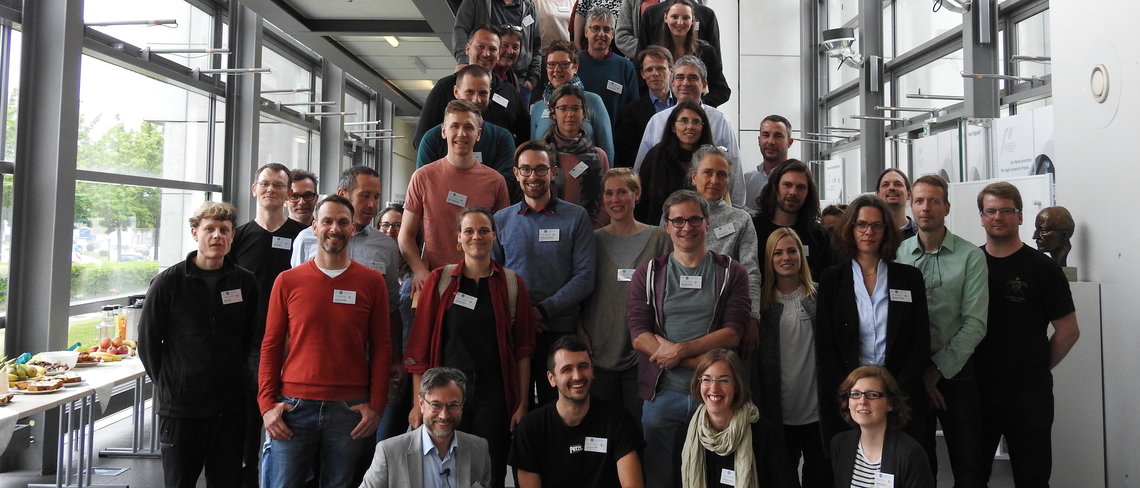Join us.
News
Research News from the Max Planck Society
For the first time, an international collaboration has demonstrated that synthetic carbon assimilation can operate more efficiently in a ...
New evidence suggests that mean annual precipitation in the Amazon region is not going to change significantly even if it were completely ...

